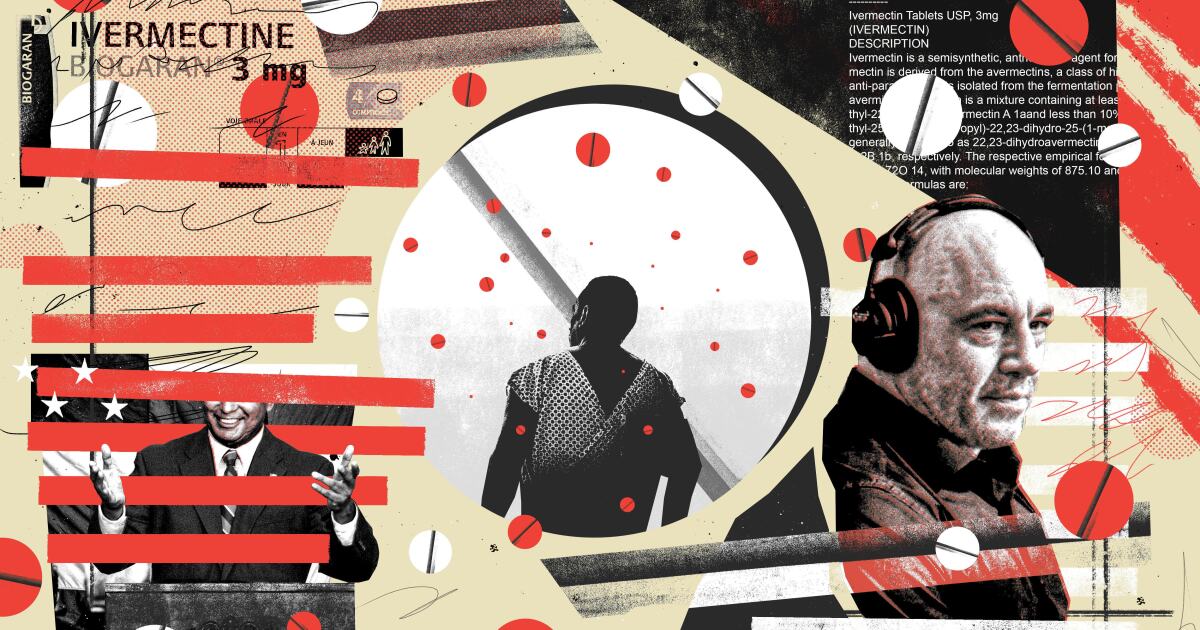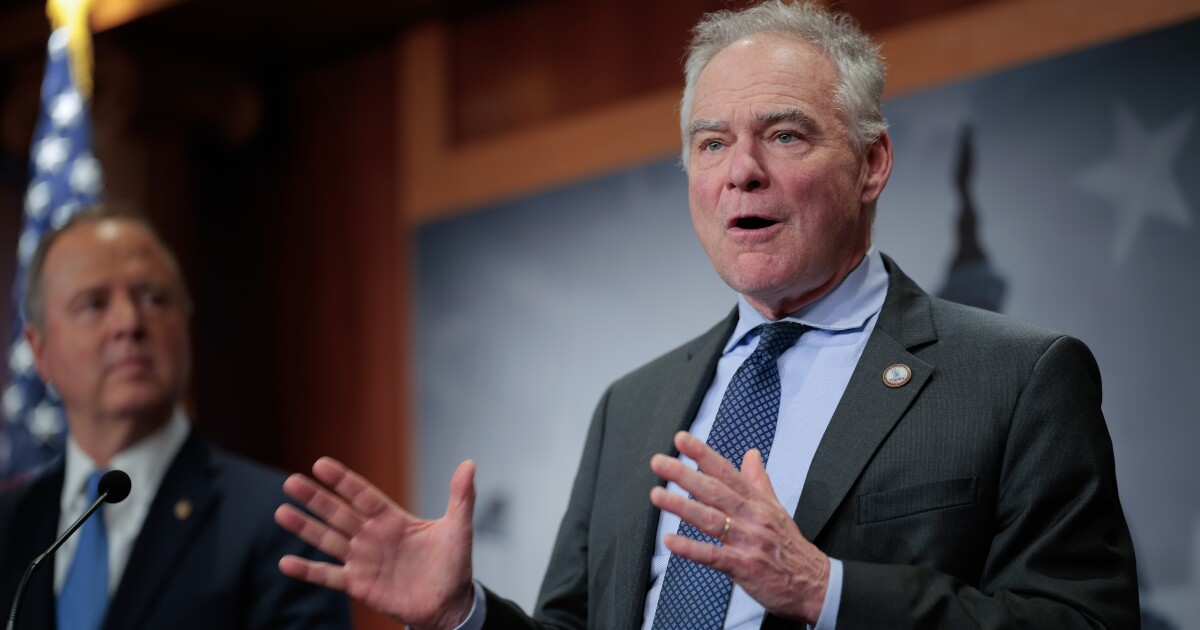Updated September 19, 2025 at 1:44 PM EDT
A potential government shutdown looms as the House approved a temporary funding bill, yet the Senate remains at an impasse. The House bill, which aims to keep the government operational until November 21, was passed with a narrow 217 to 212 vote. However, resistance from Senate Democrats, who are focusing on expiring health care subsidies, has blocked progress.
Despite passing in the House, the Republican-backed spending measure fell short in the Senate, losing 44 to 48. Concurrently, a Democrat-proposed plan that included additional health care funding was also defeated, with a vote count of 47 to 45.
With a deadline of September 30 to avert a shutdown, the House has recessed, while some Republicans suggest they may not reconvene in Washington until after this date, increasing pressure on Democrats.
“A stop-gap is the responsible thing to do,” stated House Speaker Mike Johnson, R-La., after the vote, criticizing Democrats for turning the measure into “a partisan exercise.”
Johnson added, “If they choose to vote against this clean, completely non-partisan [spending bill], then they will be choosing to shut the government down and they’ll own the consequences.”
Republicans argue that Democrats have historically supported funding extensions when new annual spending agreements haven’t been reached. However, Democrats assert that this instance is different due to the potential loss of health care coverage for millions reliant on the Affordable Care Act’s expanded federal subsidies.
House Democratic Leader Hakeem Jeffries, D-N.Y., disputed the claim of non-partisanship, saying, “We will not support a partisan spending bill that Republicans are trying to jam down the throats of the American people that continues to gut health care.”
On Wednesday, Democrats in both chambers introduced their own bill to maintain funding through October 31, which would reverse Medicaid changes from the GOP’s tax plan enacted in July and extend expiring health care subsidies. The proposal also includes funds for enhanced security measures for lawmakers, executive branch officials, and federal judiciary members.
Dueling Proposals Stumble in the Senate
Criticism came from Senate Majority Leader John Thune, R-S.D., who deemed the Democrats’ plan “dirty,” accusing it of being filled with partisan policies. Thune noted the reversal of strategy by Democrats, who passed multiple stopgap bills when they held Senate control and Joe Biden was president.
Despite these tensions, Democrats succeeded in securing a vote on their proposal. Both the Republican and Democratic plans were voted down on Friday.
“Republicans choose: either listen to Donald Trump and shut the government down, or break this logjam by supporting our bill and keeping the government open,” commented Senate Minority Leader Chuck Schumer, D-N.Y., on Thursday.
Kent Nishimura / Getty Images
/
Getty Images
Schumer has made it clear that Democrats will not assist the GOP in achieving the 60 votes required to advance their bill. “Americans are tired of the failed, chaotic, high cost status quo, which decimates their health care, which raises their costs and which Republicans are defending in their bill,” Schumer remarked.
Many Senate Democrats view opposing the spending bill as a means to challenge Trump administration policies, such as funding cuts for previously approved programs and circumventing Congress with executive actions.
“I do not think Democrats have an obligation to fund the destruction of our democracy,” stated Sen. Chris Murphy, D-Conn.
The health care debate divides Republicans, with some supporting the continuation of federal subsidies for the Affordable Care Act, despite the party’s historical opposition to the law. Speaker Johnson has not ruled out addressing the ACA subsidies in future legislation, suggesting it could be reconsidered in December.
Copyright 2025 NPR
—
Read More Michigan News










